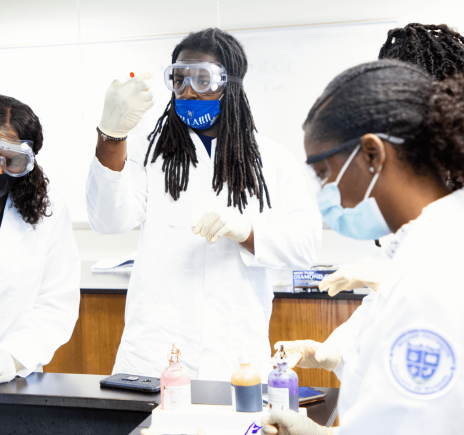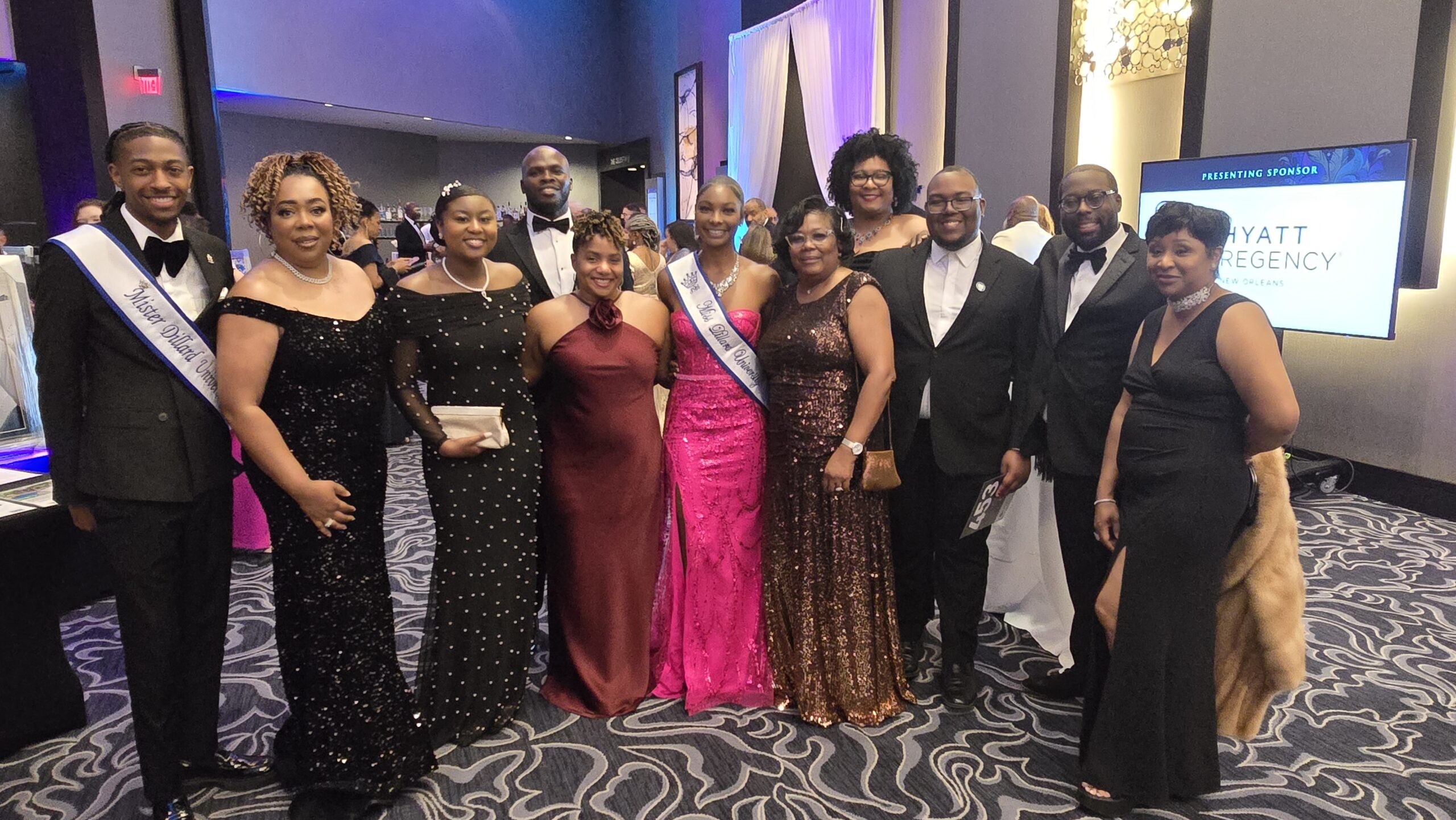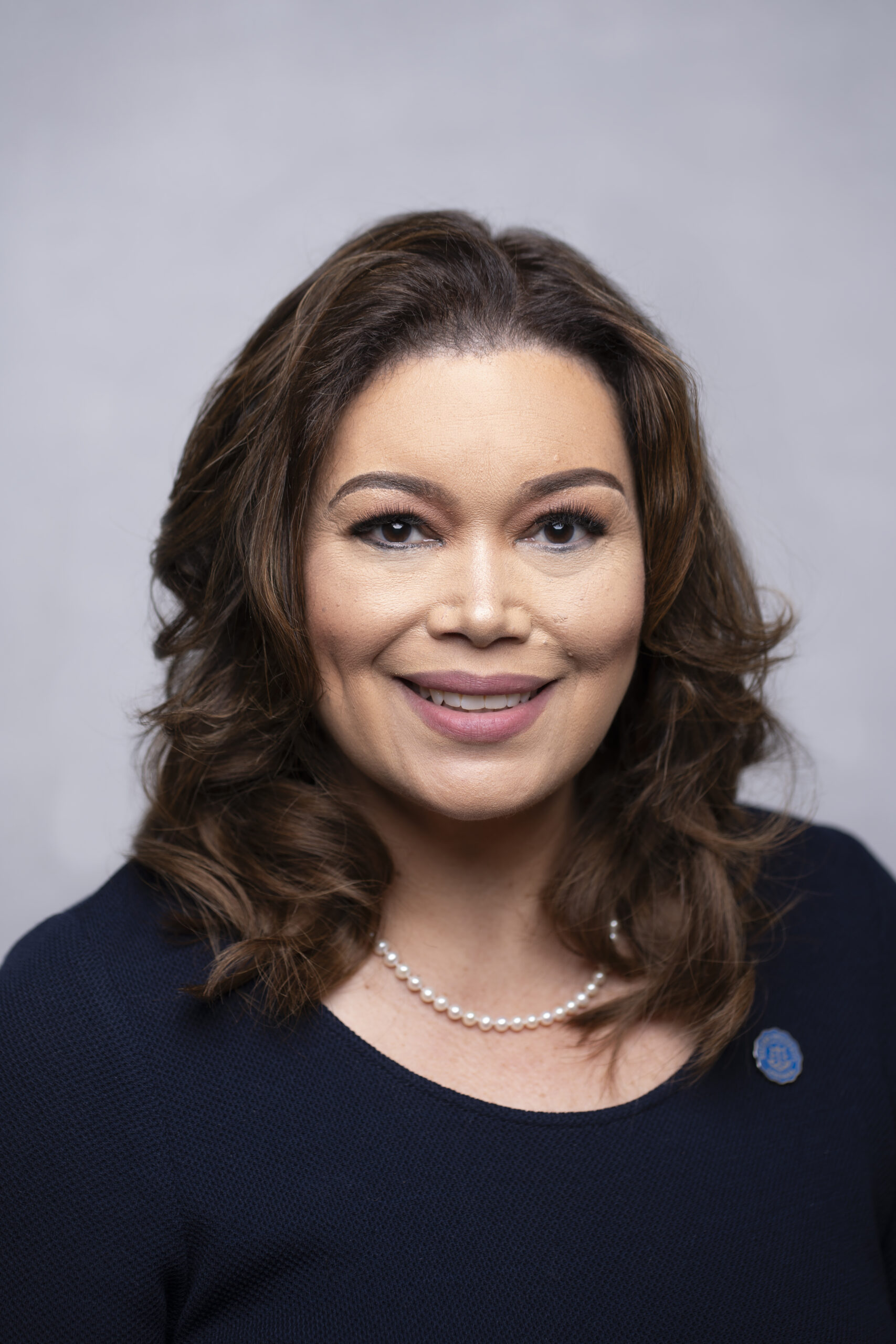NEW ORLEANS – The National Institutes of Health (NIH) has awarded a $1.4 million grant to Dillard University. The grant is aimed at increasing the diversity of students earning their bachelor’s degrees and moving on to complete research-focused, biomedical advanced degrees. The Undergraduate Research Training Initiative for Student Enhancement, or U-RISE, will target undergraduate students who are planning to continue their academic careers and gain Ph.D.s in research-based health or biomedical sciences.
The goal of U-RISE is to increase the diversity of students earning advanced degrees, such as a Ph.D. or M.D./Ph.D. The grant, which will begin in May, was awarded for five years and will continue through 2026. Dr. Ruby Broadway, professor of biology, authored the grant and will serve as the project director. Broadway recently concluded a similar NIH-supported MARC-USTAR (Maximizing Access to Research Careers – Undergraduate Student Training in Academic Research) project. One hundred percent of MARC-USTAR participants graduated and 85% have enrolled or have been accepted into major health science-related graduate programs.
“We had great success with the MARC-USTAR project and the U-RISE is the perfect next step to continue these opportunities for our students,” said Broadway.
Through support from these programs, Dillard students have gone on to graduate programs at major institutions including: The Pennsylvania State Univer, West Virginia University, Tulane University, Johns Hopkins University, the University of Nebraska-Lincoln, Binghamton University, Tarleton State University, Mayo Clinic, the University of Notre Dame and the Van Andel Institute. “These initiatives are game-changers because they provide critical research and mentoring experiences for students, as part of the undergraduate experience.”
The program will accept four junior and senior students during the first year and eight students each of the next four years, each student participating for two full years.
